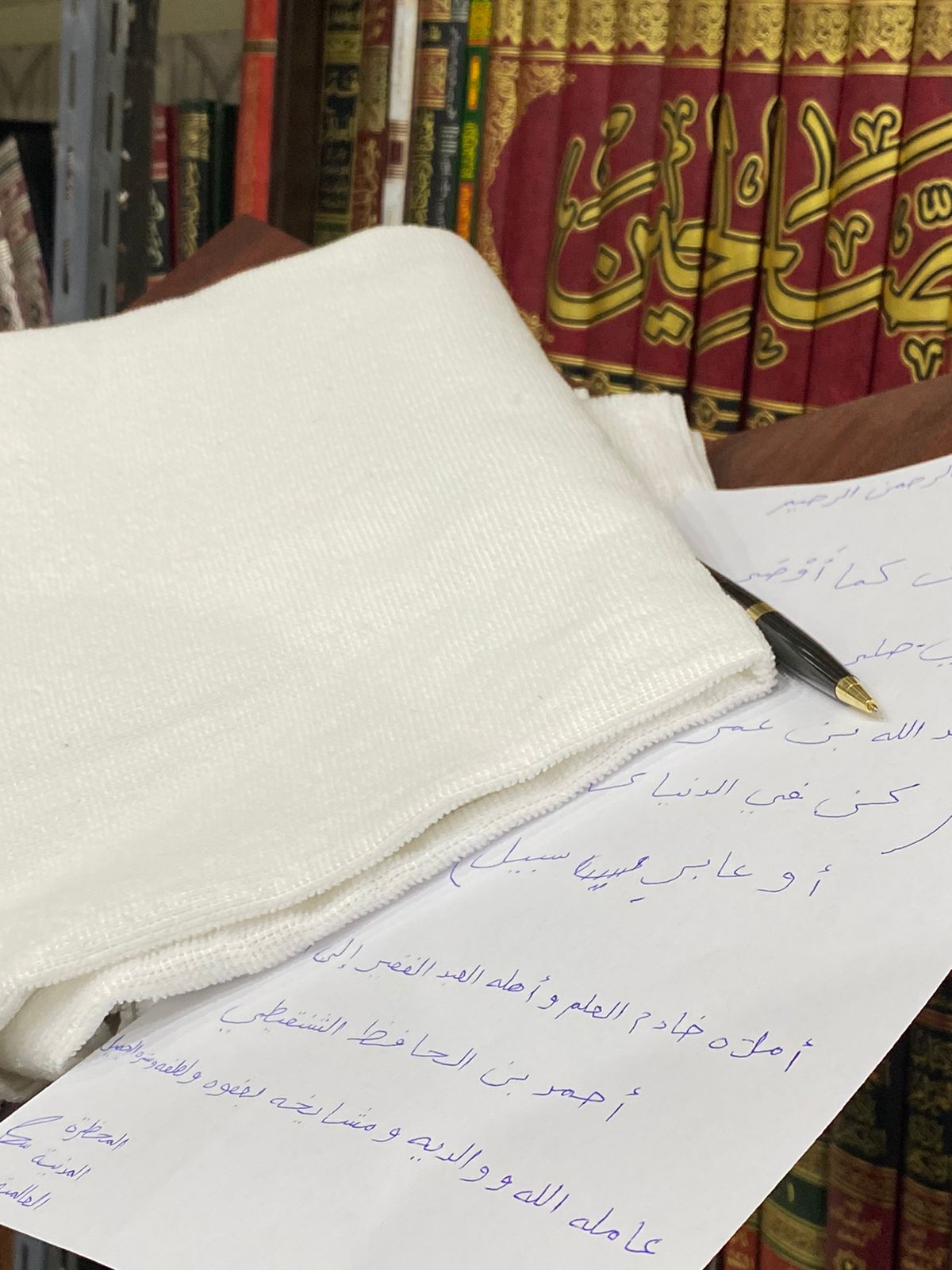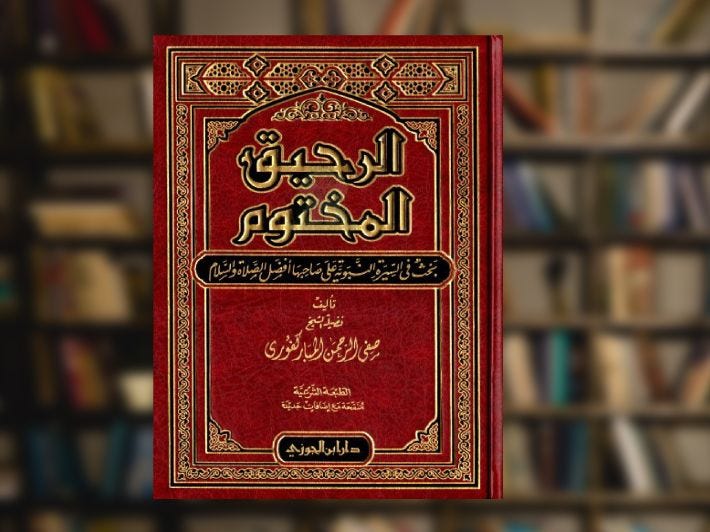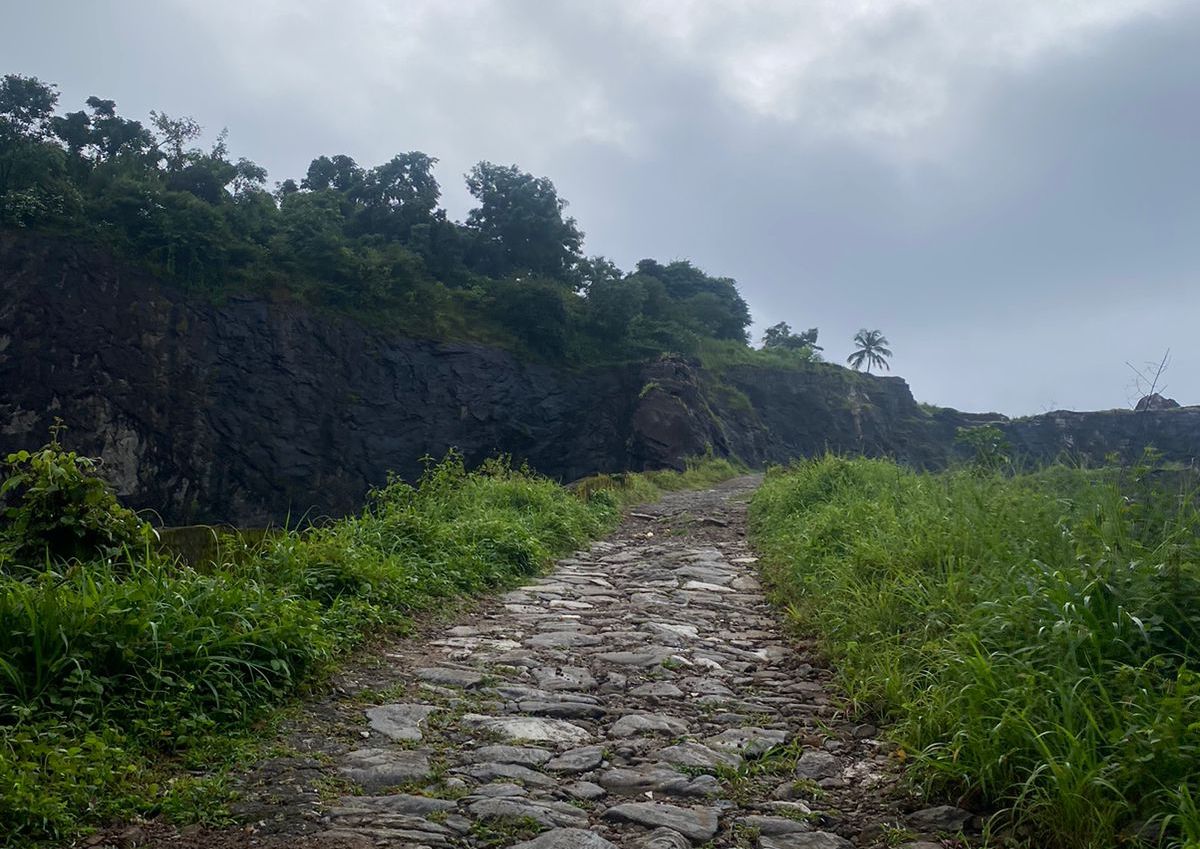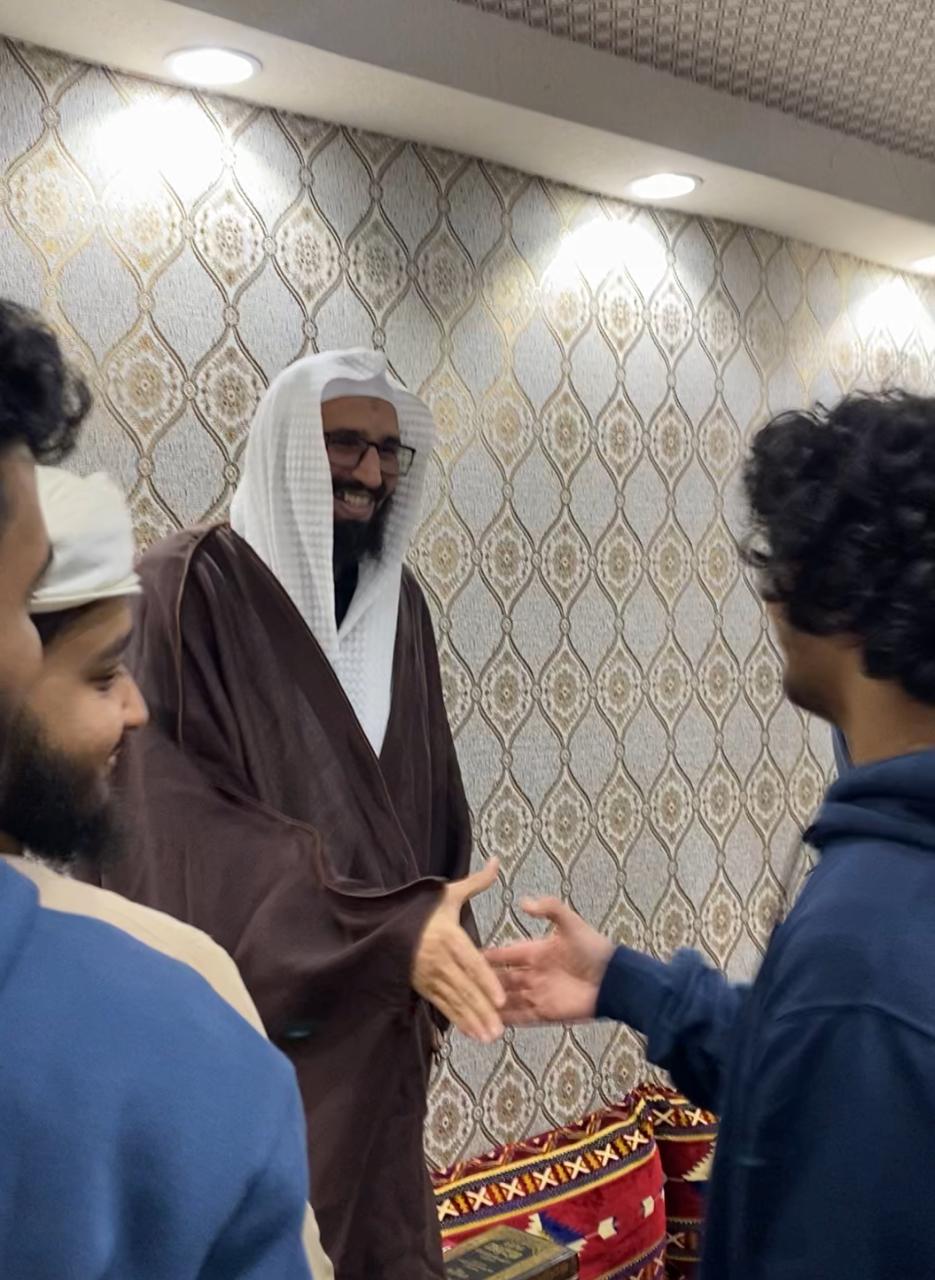Kafan, The final Gift.

Kafan, The final Gift.
"Yaa Wafi, kun fi dunya ka annaka ghareeb" Sheikh Ahmed's voice was steady, carrying the weight of timeless wisdom. ‘Live in this world as if you are a stranger’. As he spoke, he handed me a kafan, the simple white shroud used to wrap the dead before burial. It was a moment I will never forget. The shroud, folded neatly in his hands, was a stark reminder of the inevitable end that awaits us all. It was as if he was placing in my hands not just a piece of cloth, but a profound lesson on the reality of life and death.
This unexpected gift, coupled with his words, felt like a gentle but firm nudge from the Hereafter itself. I had come to say my goodbyes before leaving from Madeenah to Egypt, anticipating words of encouragement or advice on my studies, but what I received was far more profound. The kafan was not just a reminder of death; it was a reminder of how to live. To live as a stranger, unattached to the fleeting pleasures and temporary attachments of this world, always aware that this journey is transient, and our true home lies beyond.
As I carried that kafan with me to Egypt, its presence was a constant reminder of my mortality. It changed my perspective on everything—on how I approached my studies, my interactions with others, and my worship. The experience of Hajj, with its powerful reminders of the Day of Judgment, further deepened this understanding. The vast crowds, the simple white garments of Ihram, the standing on the plains of Arafat—all echoed the message of the kafan: we are all travelers on a journey back to our Creator.
Death, once a distant and abstract concept, became a beautiful reality—a transition to something far greater, a meeting with the One who created me. Sheikh Ahmed's parting words and the kafan he gave me have stayed with me, guiding me to live with the end in mind, embracing life as a stranger in this world, ever mindful of the true home that awaits.






Wafi Shihad PN
Wafi Shihad is an Islamic Psychologist, Author and student of Islamic studies. He studied theology and Islamic sciences in Egypt under the scholars of Al Azhar University and in Madeena under esteemed scholars of Masjid An Nabawi and Al Mahdhara